
Adam B. Sergent makes his debut with the independently produced The Devil’s Instrument. The dramatic thriller was produced, written, directed, and edited by Sergent, who served as the cinematographer as well. With slight tweaking, the film could easily become a stage play, but that isn’t to imply the first-time filmmaker does nothing to make the experience more cinematic.
The story’s setup is simple, but the theme runs deep. Markus Cole (Austin Fletcher) is a successful author, with his ninth novel becoming another #1 bestseller. On this particular day, he meets up with Daemon (Cory Spalding) to discuss backing out of a deal. See, Daemon is the devil, and Markus, when he was young and desperate, struck a deal with him. But now Markus wants to end it, as a part of the deal involves the souls of his son and wife.
Of course, no matter what one calls him, the devil can’t just give someone something for nothing. So, Markus came prepared with millions in cash, but that isn’t enough to satisfy Daemon. The lord of the underworld wants to make another bargain wherein Markus shoots his agent and best friend, Jeff (Jordan Bryant). When that plan goes awry, he summons the writer’s long-dead mother, Hariot (Ally Ledford), from the depths of Hell to convince Markus that the pit of fire and brimstone is actually one big party. Will Markus lose his way again and strike another deal?
As mentioned above, The Devil’s Instrument does have a certain staginess to it. There’s only one location, and it’s shrouded in darkness. While that decision is effective as far as atmosphere goes, it slightly hampers the few non-verbal action beats as they are difficult to see fully. However, Sergent works wonders with the sound design to open up the world in some impressive ways. Will Lawton’s music also adds great by being moody and energetic at the same time.
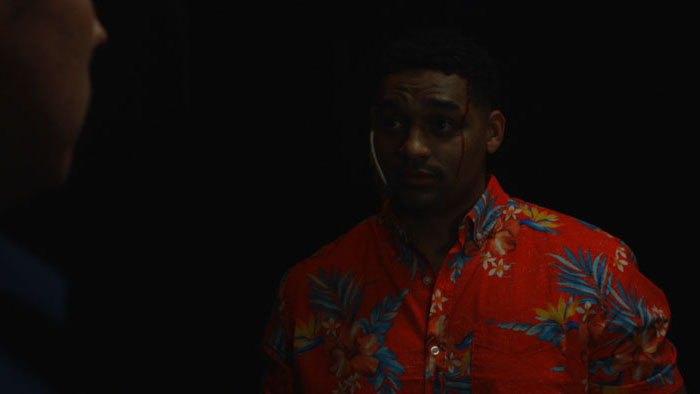
“The lord of the underworld wants to make another bargain wherein Markus shoots his agent and best friend…”
Directing-wise, Sergent brings a lot of style to the proceedings. Aside from the exquisite sound design, the editing maintains the tension, with cutaways to burning pages of various religious imagery being quite striking. The stakes are always felt, and the more players get involved, the more viewers feel for Markus.
But what really makes The Devil’s Instrument work are the two leads. Fletcher wonderfully brings out the desperation Markus feels to get out of his foolhardy deal. At the same time, the actor makes it clear why he’d ever go in with the devil in the first place. Spalding oozes slimy charm from his first line to his last. There’s an especially fun scene where he talks about how the word love “puts a nasty f*****g taste in [his] mouth.” Spalding delivers the line so collected and calmly that he makes the devil seem too cool.
Ledford brings a lot of fun and dramatic tension to her role. While Chris Olds enters the picture comparatively late (as an angel lawyer of sorts), he makes quite the impression. Unfortunately, Bryant is very green, and his line readings feel forced in a way that stands out compared to the rest of the fairly good cast.
The Devil’s Instrument makes the most of the resources the cast and crew had available. While certain aspects don’t always work as intended, Sergent creates an intense atmosphere that pulls audiences in. What keeps them glued to the screen are performances from the leads, who are beyond stellar.
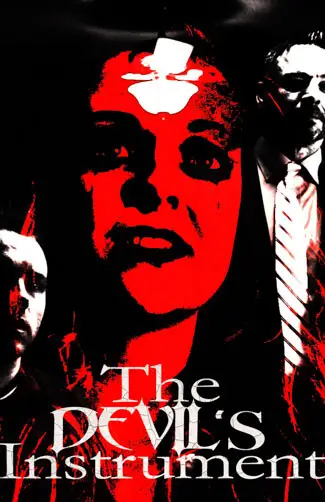
"…Sergent creates an intense atmosphere that pulls audiences in."
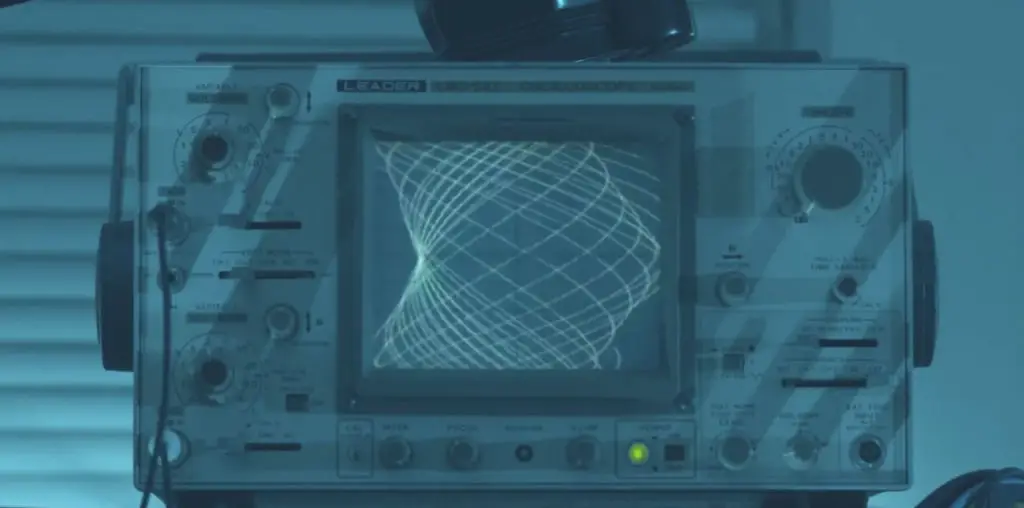
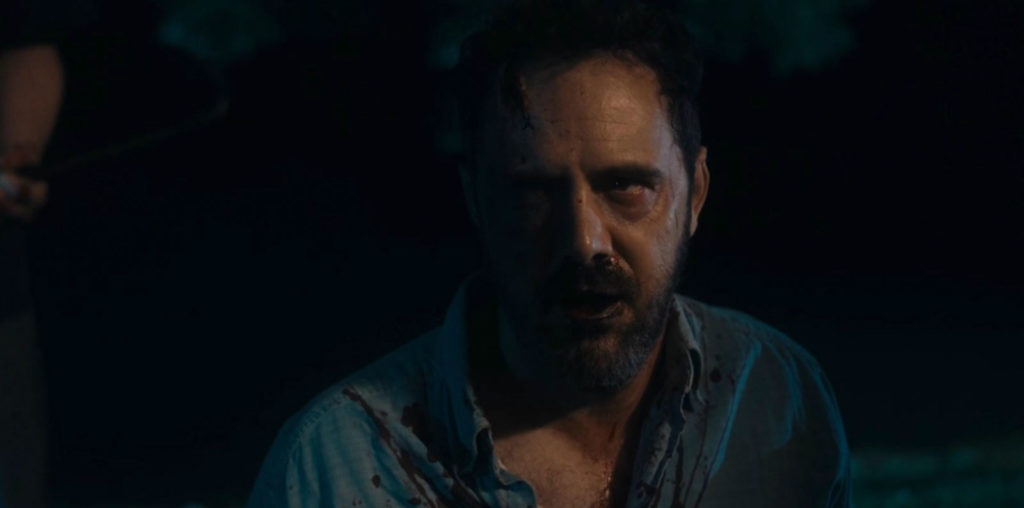
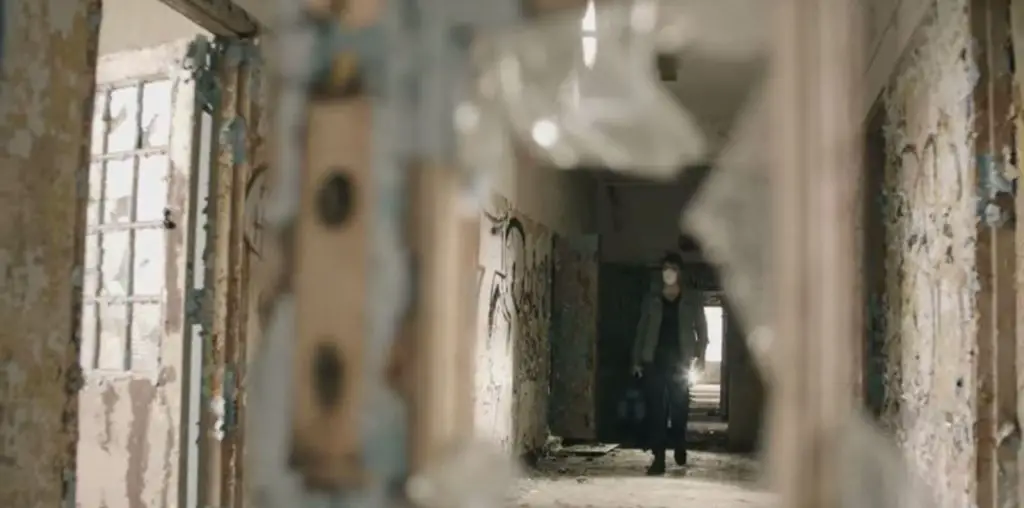
[…] Supply hyperlink […]